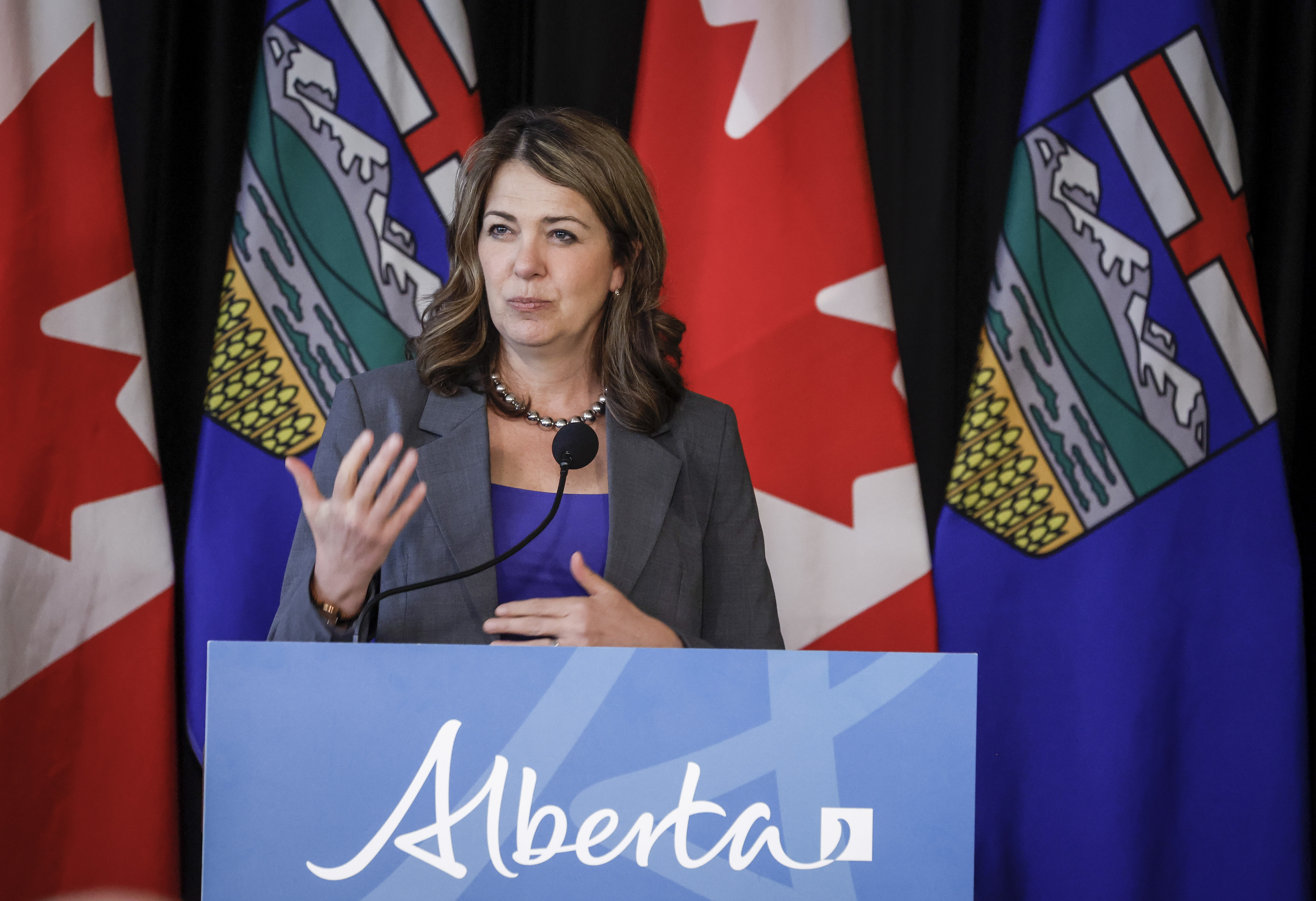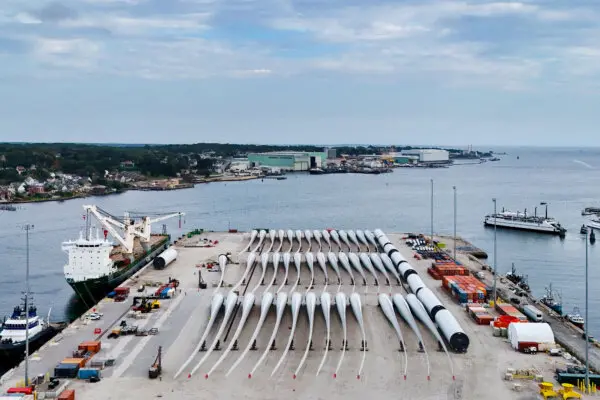News Analysis
The stakes for Western alienation were raised this week when Alberta Premier Danielle Smith said she would allow a question on separation to go to a referendum if it meets the requirements. While Smith made it clear she doesn’t support separation herself, she said Albertans holding such views should not be called “traitors.”










